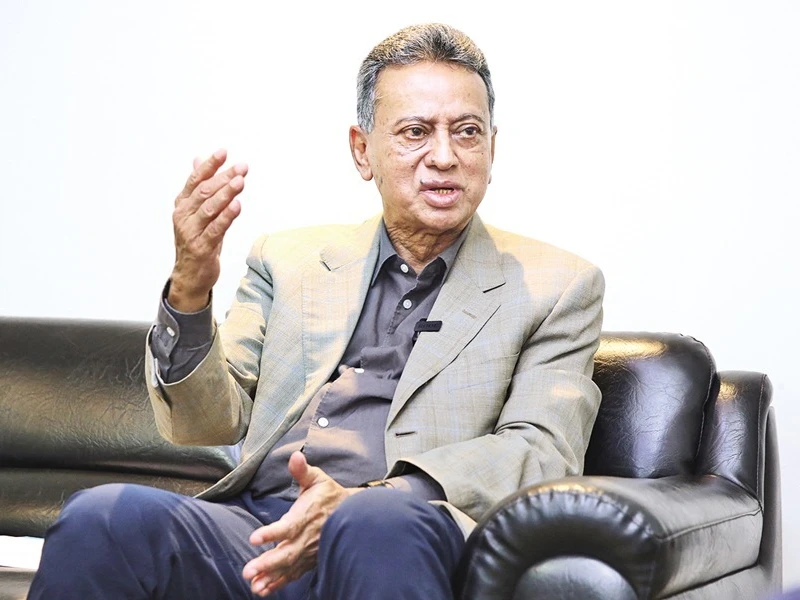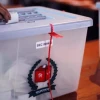BNP Standing Committee Member Amir Khasru Mahmud Chowdhury on Saturday said the issue of introducing the Proportional Representation (PR) system should be left to the people, as it is not possible to reach consensus with all political parties supporting the system.
Speaking at a seminar titled “Election 2026: A Critical Look at Proportional Representation” held at the Cosmos Center, he said the country has been under an unelected government for nearly 14 months.
The upcoming election must be held under the existing constitution to restore democracy and let the people decide whether they want the PR system or the traditional electoral process,” Khasru said.
Addressing those who favour the PR system, the BNP leader said, “Those who want PR should first secure a public mandate. No group of 30 political parties has the authority to decide the future of Bangladesh. The people will decide what they want through elections.”
Emphasizing the importance of holding an effective election based on issues where political parties have already reached consensus, Khasru said, “We are not forming a one-party system like BAKSAL, where everyone must agree on everything. Differences in ideology will always remain, and each party should go to the people with its own political stance.”
Referring to the demand from several parties for a public referendum on the PR system, he said, “Those advocating for PR cannot show any visible public support for it. Even in the commission’s discussions, there is no clarity on this issue. So, what is the logic behind calling for a referendum?”
Responding to claims that the PR system would reduce the influence of muscle power in elections, the BNP leader said, “They cannot explain why a popular representative should be deprived under the excuse of curbing muscle power. The state, courts and law enforcement agencies exist to prevent such influence — there is no need to change the electoral system for that.”
There is no scope for a single-party rule in democracy,” Khasru added. “We must change our political culture, respect differing opinions and the opposition, and move away from confrontational politics.”
He further said that once a parliament is formed, many issues will be resolved. “If parliamentary committees function effectively and hearings are strengthened, people’s representatives themselves will be able to make decisions on behalf of the public,” he added.


 Prev Post :
Prev Post :
